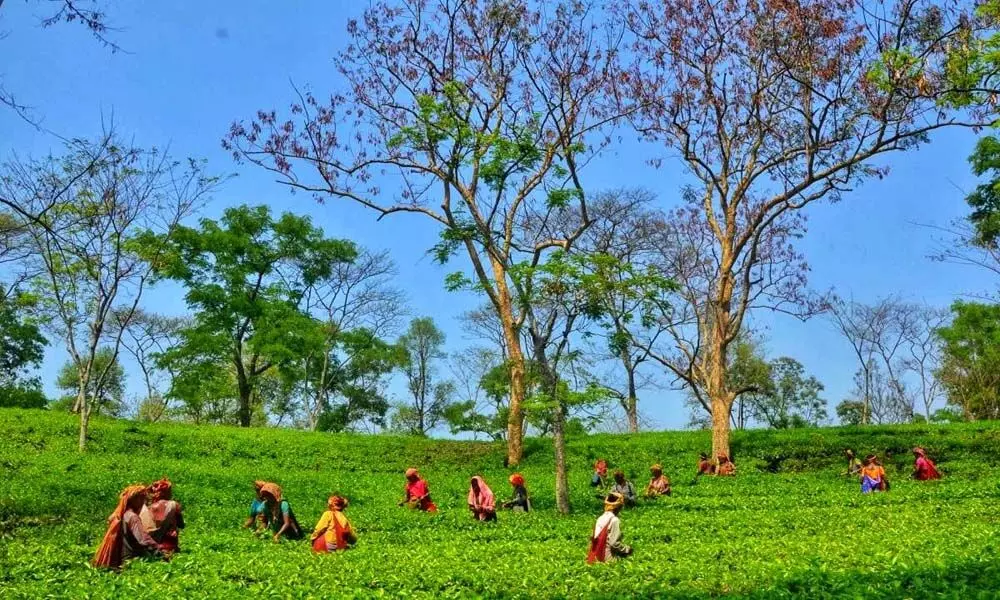Can tea tourism give a new boost to Tripura's Covid-hit economy?
It’s not too long ago (in April this year), a hand-rolled orthodox tea variety from Tripura was sold for Rs 12,500 per kilogram, the highest rate ever in the state.
image for illustrative purpose

It's not too long ago (in April this year), a hand-rolled orthodox tea variety from Tripura was sold for Rs 12,500 per kilogram, the highest rate ever in the state. Sold under the brand name of Neermahal, the tea is being produced in a factory run by a cooperative society. The owners of Neermahal tea claimed that the exporters took interest in the hand-rolled tea after a sample was sent to them. It was particularly well accepted in markets like Denmark and Gulf countries. The small picturesque north-eastern state also has a new offering (which it has started to offer recently) for connoisseur of healthy, herbal tea - bamboo leaf tea. The brew is being sold by an entrepreneur from the state, Samir Jamatia, and according to his company, has seen a good response in UK and Germany.
Call these two as the trigger points or something else! The Tripura Chief Minister Biplab Deb, who often draws flak for his off the cuff remarks, was prompt enough to see the enormous opportunities, the tea sector offers for the state and for the country's tea sector. He immediately took initiatives to bring the state's private tea estates into the cooperative framework to enhance tea production and rejuvenate the tea industry in the state. Significantly, tea remains the state's second largest industry. The state has 54 operational gardens, 21 tea factories, more than 3,000 small growers cultivating 6,885 hectares and producing about nine million kilograms of tea. Their black CTC tea and green tea are sold in auctions and go on to become part of blends.
According to tea garden owners and industry analysts, one of the key reasons why Tripura is not so famous for tea, is possibly because most of the original kingdom, including Sylhet, a significant tea-growing area, went to Bangladesh. However, its tea connections are unlike those of any other: Tea began with Indian planters; it didn't come with the British. Tea industry had started in Tripura over 105 years ago, in 1916, at Hiracherra tea estate in present Unakoti district.
Nearly two years ago, the chief minister had unveiled the official logo of Tripura Tea and said it would help in getting a better scope in the market. He was right in realising that nothing exists without its name and logo is the identity of a product. It is very unfortunate that tea produced in Tripura had not have a logo till then. This newly designed logo is expected to go a long way in promoting tea from the state.
Several measures have been taken to increase the sale of Tripura tea, which has been branded as 'Tripureswari', by setting up of tea corner, selling it through 18,000 ration shops across the state and making availability of special quality tea in the national and international markets.
That's not all. Tripura, under the helmsmanship of Deb, is also looking to develop itself as a tea tourism spot to attract tourists and give the Covid battered tourism a new boost. A new Tea Museum at Durgabari Tea Estate and beautiful huts for accommodation is being set up in the gardens of Kamalasagar in the state. Right move at the right time, for sure.

